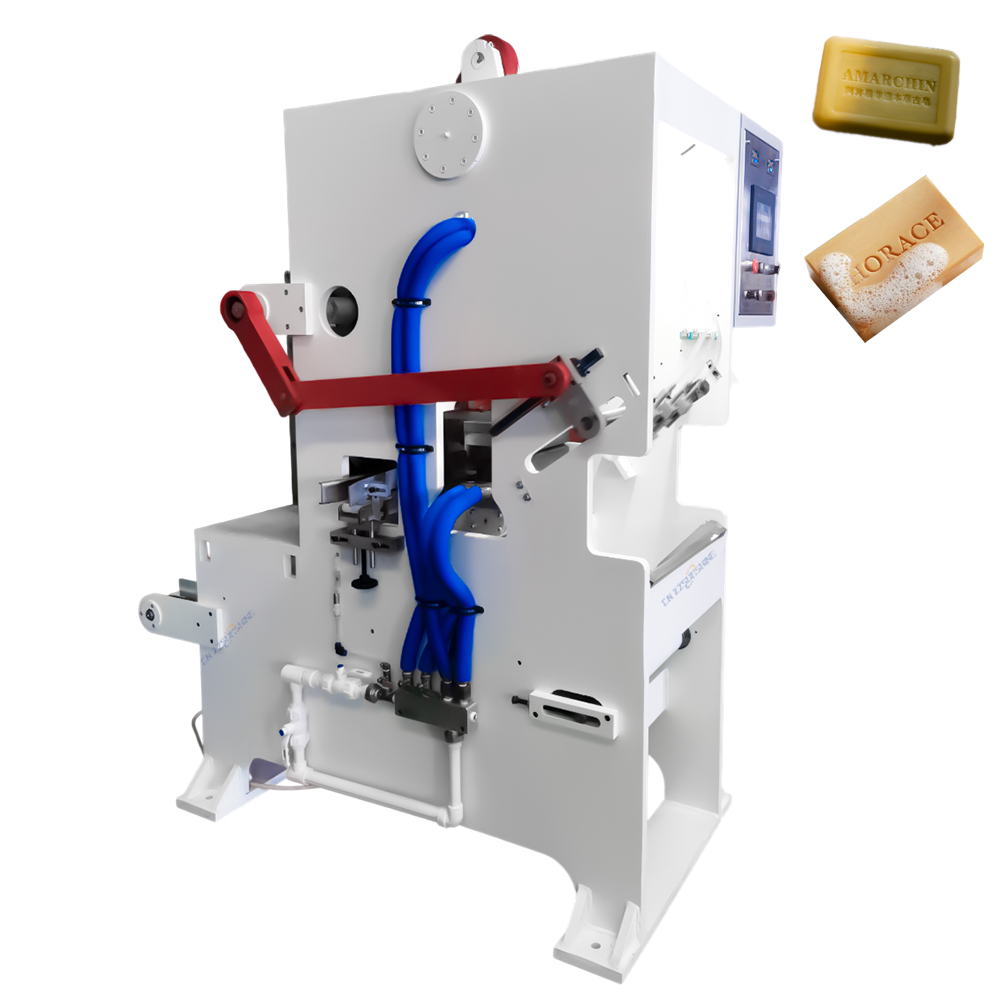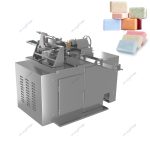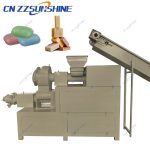Maintaining precise temperature control is non-negotiable in demanding industrial processes. Industrial chillers for machinery provide the critical cooling required to protect sensitive equipment, ensure product quality, and optimize production efficiency. Unlike standard cooling units, these robust systems are engineered for continuous operation under factory conditions, handling significant heat loads generated by lasers, plastics machinery, chemical reactors, and high-speed manufacturing equipment.
The core function of any industrial chiller is removing excess process heat. A high-efficiency cooling system achieves this through a closed refrigerant cycle, transferring heat from the process water or coolant to the ambient air via a condenser. Selecting the right capacity (measured in tons or kW) and configuration (air-cooled or water-cooled) is vital for optimal performance and energy savings. Factory price industrial chiller options vary based on cooling capacity, compressor type (scroll, screw, centrifugal), and specific features like variable speed drives for enhanced energy management.
Reliability is paramount. Top-tier industrial chillers incorporate heavy-duty components designed for 24/7 operation, featuring corrosion-resistant materials and advanced control systems monitoring pressure, temperature, and flow rates. Preventative industrial chiller maintenance is crucial for longevity; this includes regular condenser cleaning, refrigerant level checks, and pump inspections. Modern units often feature remote monitoring capabilities for proactive issue detection.
Beyond protecting machinery from overheating, industrial process cooling directly impacts product consistency. Precise temperature stability prevents thermal deformation in machining, ensures stable viscosity in chemical mixing, and guarantees dimensional accuracy in plastic molding. Investing in a properly sized and well-maintained industrial chiller for machinery translates to reduced downtime, lower energy consumption through high-efficiency operation, and significant long-term cost savings. For operations prioritizing process integrity and equipment lifespan, a dedicated industrial chiller is an indispensable asset.





